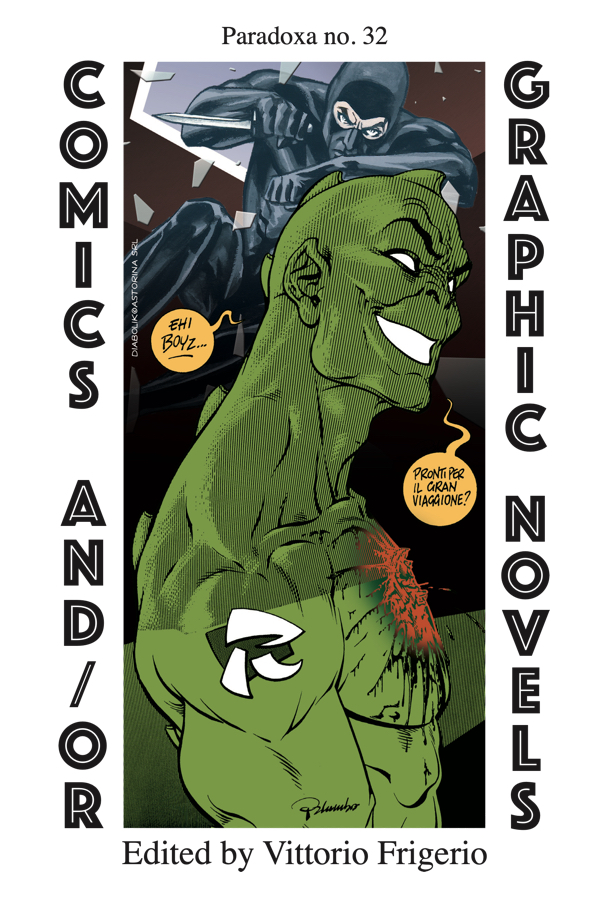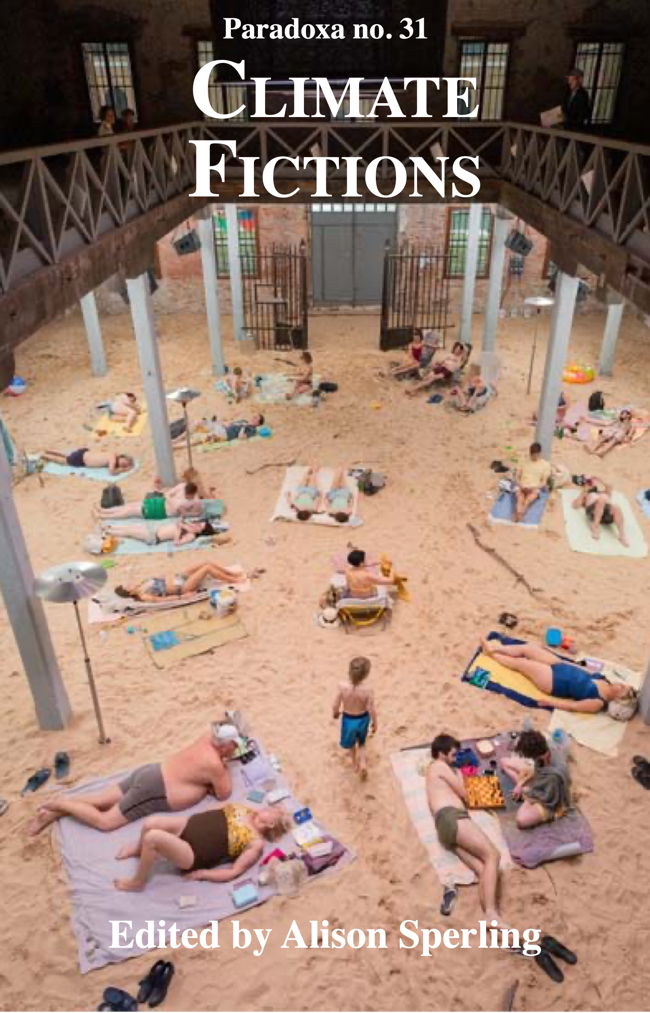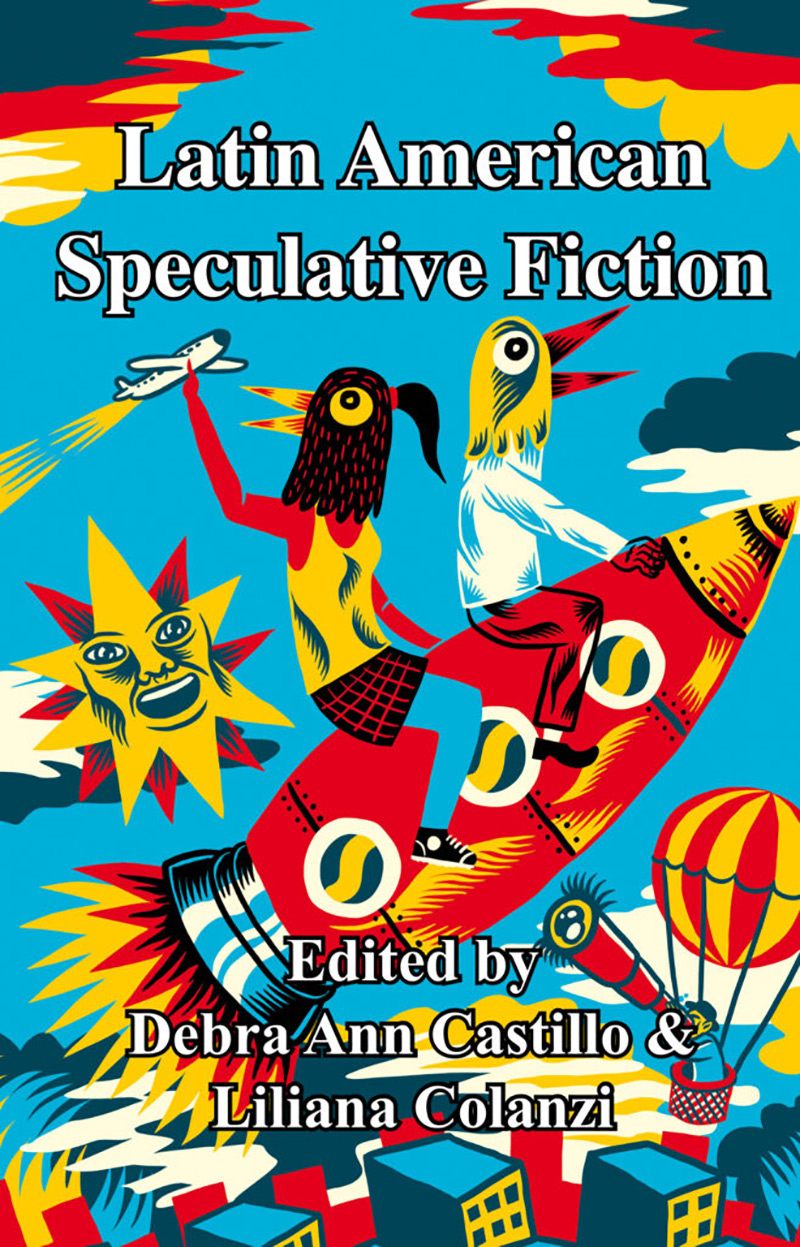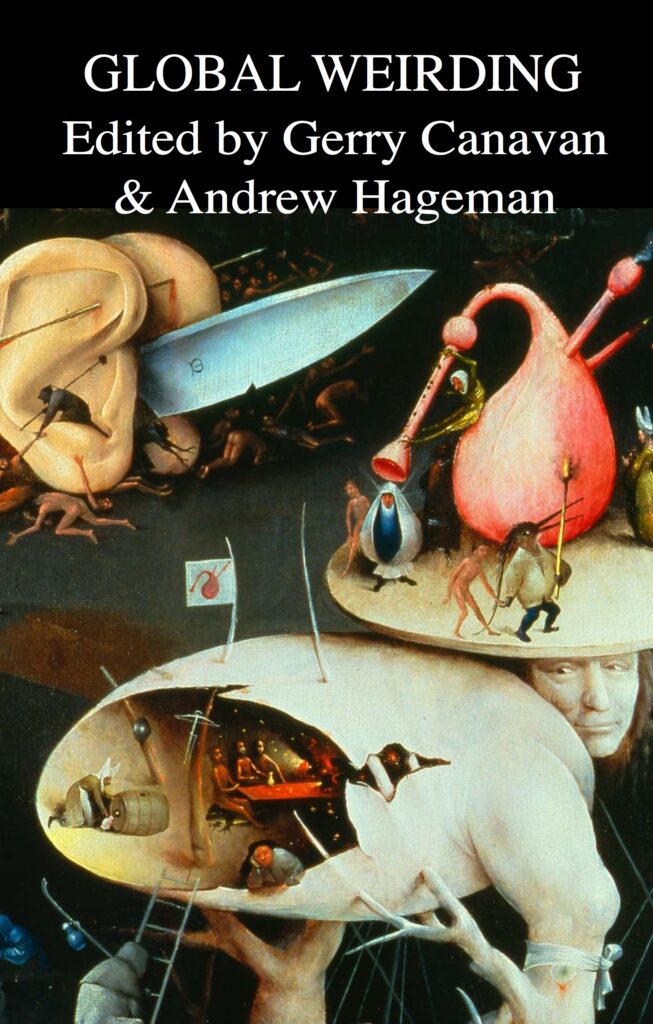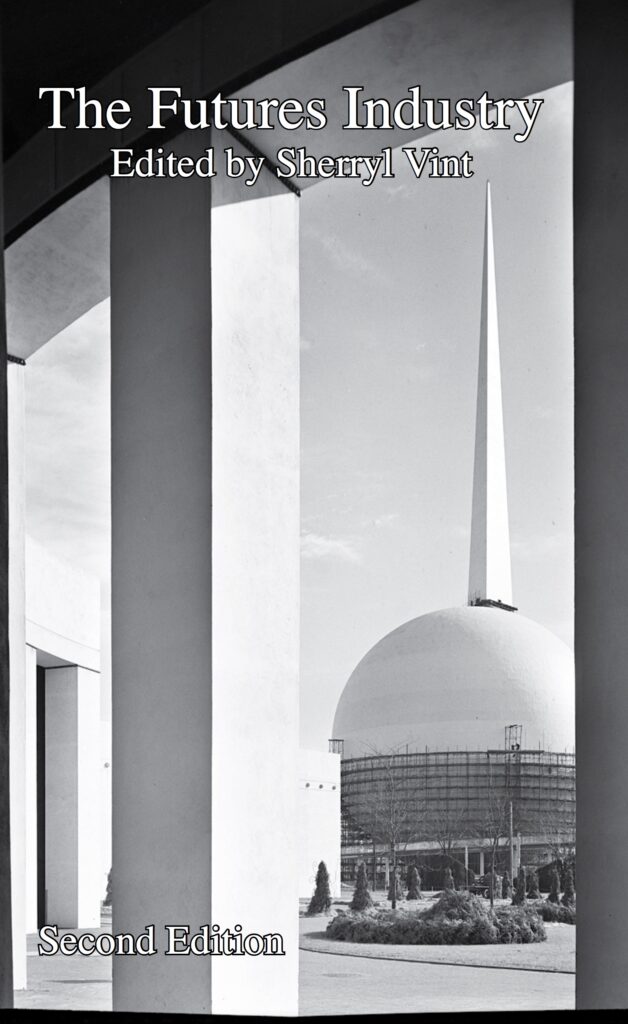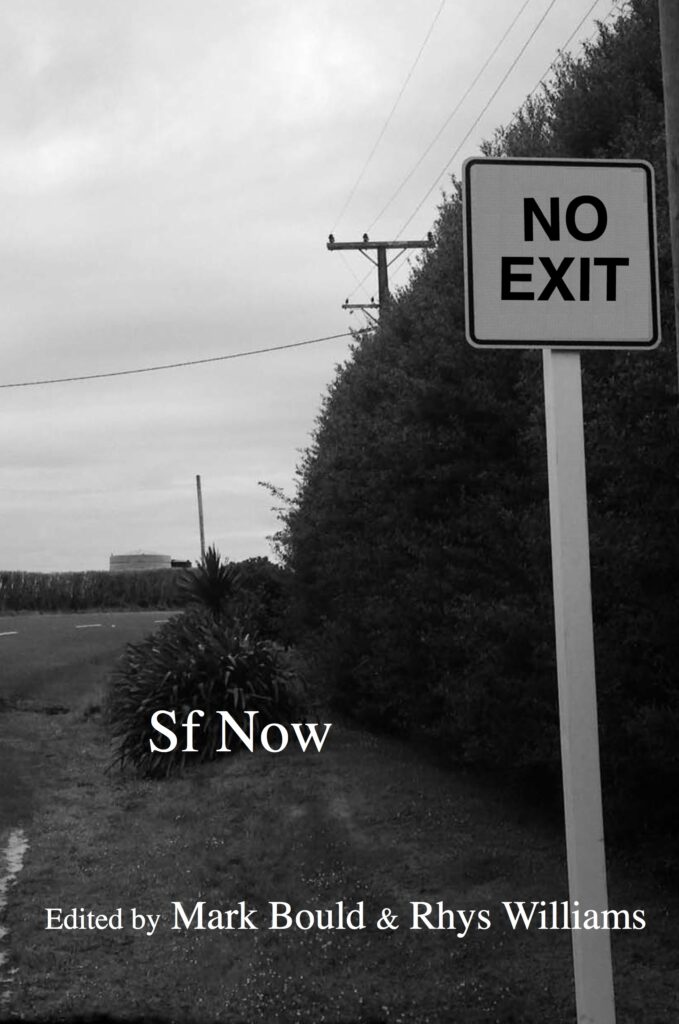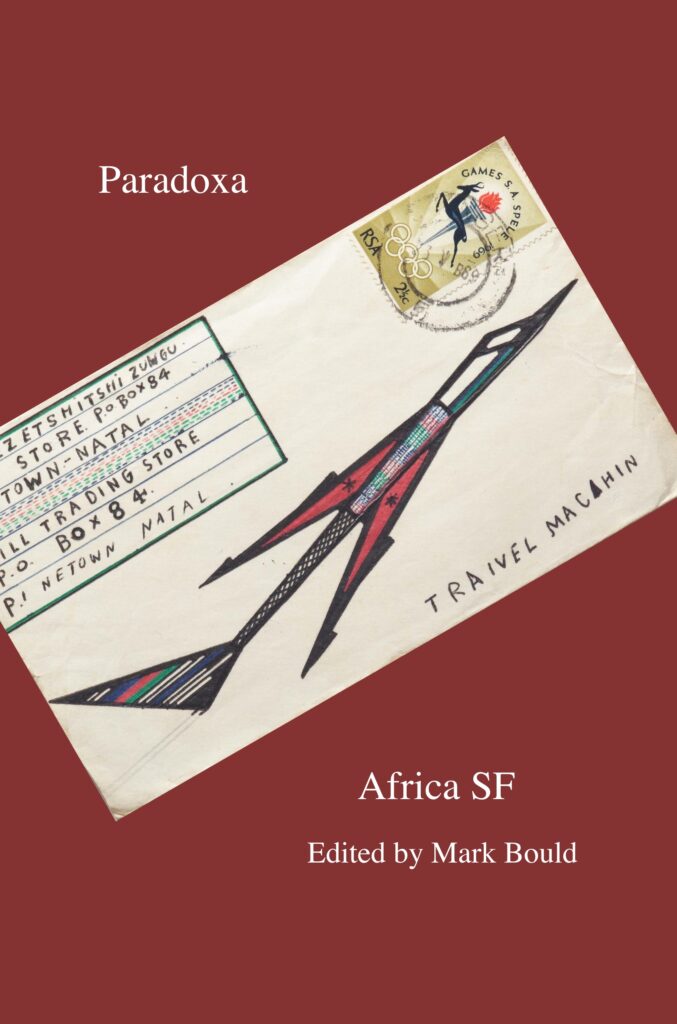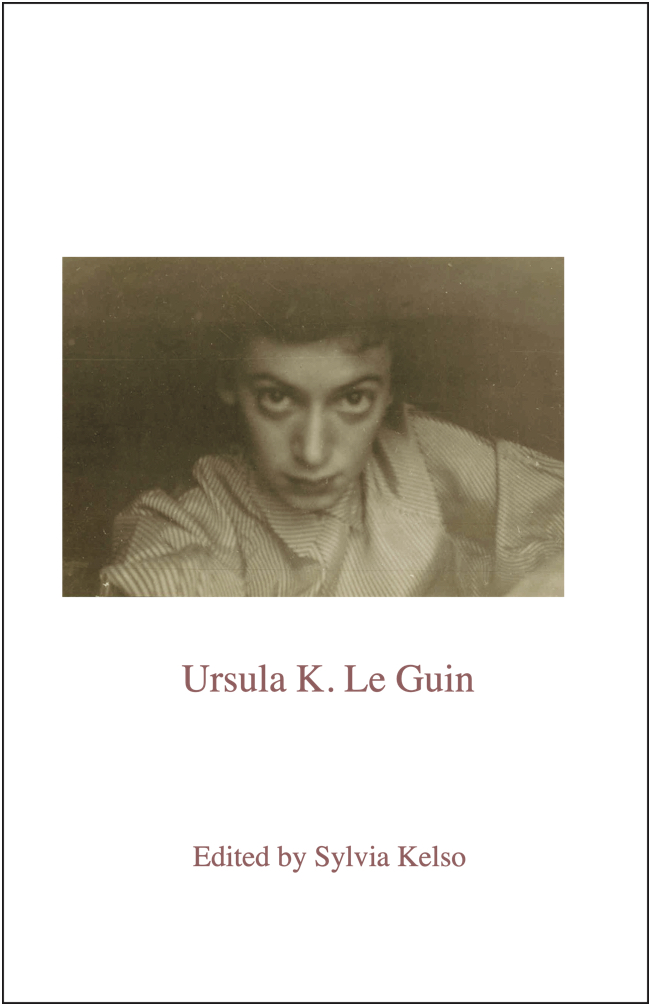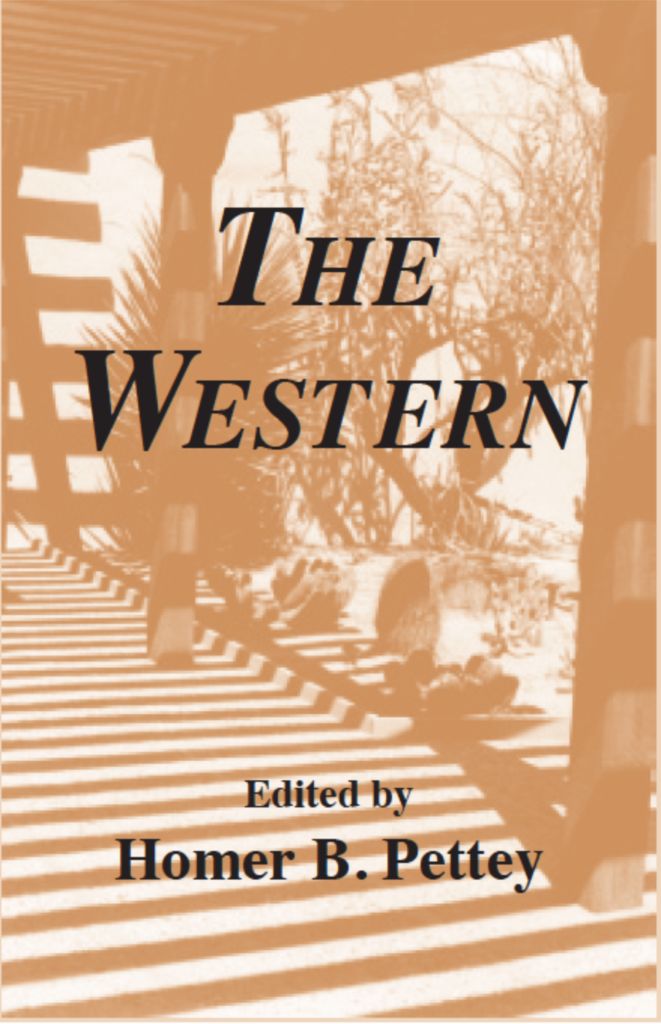Alexander Popov and Konstantin Georgiev
Sofia University “St. Kliment Ohridski” and Rice University
“Crises of Water and the New Maps to Utopia”
Abstract
Following Kim Stanley Robinson, we use the Greimasian semiotic square to enlarge the meaning of utopia beyond the binary opposition with its contrary: dystopia. The article explores all ten generic terms generated by the discovery procedure, but focuses most of its attention to that which is the negation of utopia’s negation: anti-anti-utopia. It argues that this final term mobilizes the totality of the semiotic structure and thus embodies utopia as an open-ended process of mapping possible futures. This formal analysis leads us to two main theoretical conclusions: anti-anti-utopia means a radical enlargement of the notion of subjecthood, and engagement with spatially heterogeneous worlds. In order to explore these constraints of the model and to situate them within the material-semiotic medium of water, we read two recent climate fictions along with contemporary ethnographic work which highlight the political potential of emergent waterworlds. The Water Knife by Paolo Bacigalupi presents a future of extreme drought in North America. It taunts the reader with glimpses of utopian possibility at the level of individual characters, feinting toward critical dystopia, but such hopes are ultimately neutralized by the anti-utopian barrier of capitalist realism and the inhuman infrastructure of man-made atopia. In the second waterworld explored here, that of Kim Stanley Robinson’s flood novel New York 2140, water crises play the opposite function: facilitating the construction of a new imaginary, of an urban matrix of fluid situations that catalyzes the struggle for the right to the city and counters the combined and uneven disaster capitalism. Anti-anti-utopia, in the semiotic mesh, emerges as a utopia-by-necessity, a revolution predicated on care for the others. It inscribes in itself a dynamic and critical interplay of all other utopian forms and thus completes the map of utopian genres that the article proposes.

